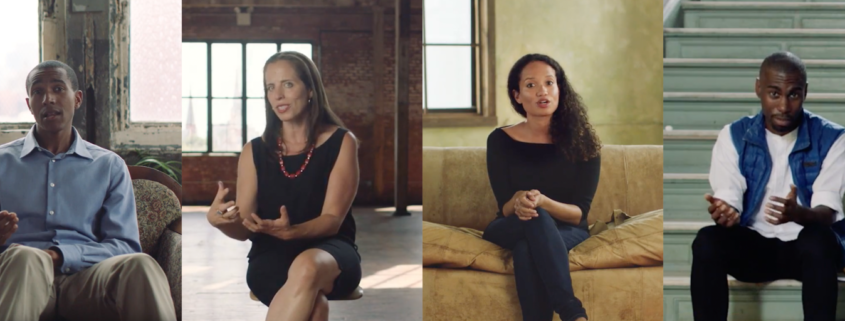Mosques were vandalized, women in hijabs were harassed and travelers were singled out for scrutiny at airports because of their faith amid a 17 percent spike in anti-Muslim bias incidents last year, according to a report released Monday by the Council on American-Islamic Relations.
The new report, titled “Targeted,” blames the Trump administration’s travel bans for fueling the problem. Nationwide, there were 2,599 anti-Muslim incidents reported to CAIR; 464 involved federal agencies targeting Muslims in incidents linked to federal travel bans, the report says.
“This increase in anti-Muslim incidents by the federal government is an almost unprecedented level of government hostility toward an American religious minority,” Soofia Tahir, fund development director at CAIR’s New Jersey chapter, said during a press conference at its South Plainfield office. “This in and of itself goes against our shared American values of religious freedom.”
The ‘new American housing crisis’: Eviction brings ‘worst day’ of mother’s life
More: Students rally to save teacher who faces death sentence in Egypt
During his campaign, President Donald Trump promised “a total and complete shutdown of Muslims entering the United States.” Complaints surged after his first executive order that banned entry from certain Muslim-majority countries and caused chaos at airports.
The courts struck down the president’s first two travel bans, and a lawsuit over a third, revised version of the ban will be heard Wednesday by the U.S. Supreme Court. Trump has said the ban is needed for national security reasons.
Across the United States, the top five reported kinds of anti-Muslim bias incidents were harassment (14 percent), inappropriate targeting by U.S. Customs and Border Patrol (13 percent), hate crimes (12 percent), inappropriate targeting by the FBI (10 percent) and employment discrimination (9 percent).
It was the first time that U.S. Customs and Border Patrol ranked within the top five types of anti-Muslim bias incidents, according to the report. A spokesperson responded in an email that the agency “does not discriminate on the entry of foreign nationals to the United States based on religion, race, ethnicity or sexual orientation.”
“CBP officers process more than a million travelers a day at U.S. Ports of Entry and are thoroughly trained to enforce U.S. laws and regulations fairly and uniformly,” the spokesperson added.
In total, CAIR received 5,650 reports of potential bias cases in 2017, but verified slightly less than half as bias incidents based on religion, ethnicity or national origin.
The rhetoric of the administration was also contributing to the problem, fueling incidents of bullying and hate, said Jay Rehman, a staff attorney at CAIR-NJ.
“The unconstitutional Muslim bans have succeeded in demonizing Muslims and making society more hostile to American Muslim families and to their children,” he said.
New Jersey bucks trend
In New Jersey, cases included a rash of death threats called in to the Islamic Center of Passaic County in Paterson, anti-Muslim graffiti at a mosque in Bayonne, and incidents where women had their hijabs, or head coverings, yanked from their heads, said James Sues, executive director of CAIR-NJ.
Even the famous were not immune, said Sues. He noted that Olympic fencer Ibtihaj Muhammad, a New Jersey resident who wears a hijab, was detained for two hours by U.S. Customs at an airport in February last year.
Yet there was good news in New Jersey.
While reported incidents rose across most of the country, they dropped in the Garden State from 69 in 2016 to 57 last year. Sues said most incidents go unreported, so it was hard to draw conclusions from the decline. He urged people to report bias incidents to police and to CAIR New Jersey’s Civil Rights Department.
But overall, he said, there were fewer bias incidents and hate crimes in New Jersey compared with other states. That’s in part because of the state’s progressive politics, but also because New Jersey has a well-established Muslim population where many people know them as neighbors, teachers and professionals, Sues said.
“A lot of people have Muslim neighbors and don’t fear Muslims as much,” he said.
An estimated 250,000 New Jersey residents are Muslim, or about 3 percent of the total population, according to CAIR.

